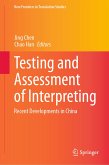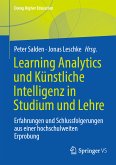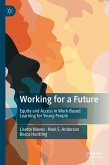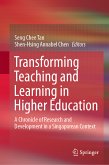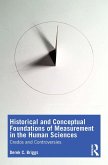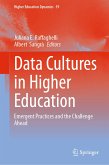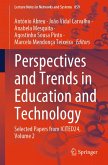This comprehensive volume investigates the untapped potential of machine learning in educational settings. It examines the profound impact machine learning can have on reshaping educational research. Each chapter delves into specific applications and advancements, sheds light on theory-building, and multidisciplinary research, and identifies areas for further development. It encompasses various topics, such as machine-based learning in psychological assessment. It also highlights the power of machine learning in analyzing large-scale international assessment data and utilizing natural language processing for science education. With contributions from leading scholars in the field, this book provides a comprehensive, evidence-based framework for leveraging machine-learning approaches to enhance educational outcomes. The book offers valuable insights and recommendations that could help shape the future of educational sciences.
Dieser Download kann aus rechtlichen Gründen nur mit Rechnungsadresse in A, B, BG, CY, CZ, D, DK, EW, E, FIN, F, GR, HR, H, IRL, I, LT, L, LR, M, NL, PL, P, R, S, SLO, SK ausgeliefert werden.



